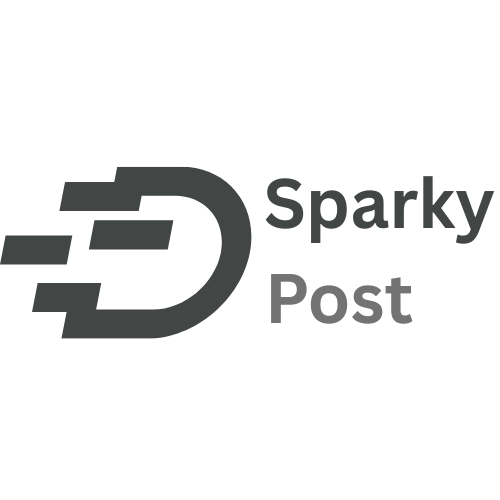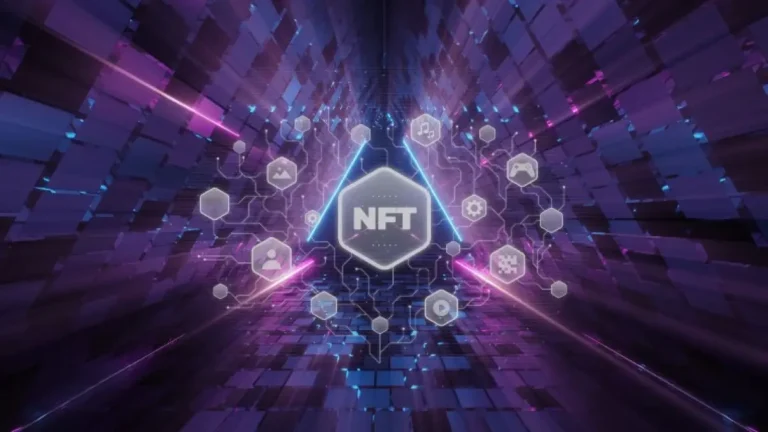In 2025, digital ownership has moved beyond hype it’s a real, investable, and scalable asset class. At the heart of this transformation are NFTs (Non-Fungible Tokens), and even more importantly, the expert NFT development services that bring these digital assets to life.
Whether you’re an entrepreneur, artist, brand, or enterprise, NFTs offer you a way to tokenize, sell, and manage unique assets with transparency and control. But success in this space depends heavily on the right technical partner and smart development choices.
Let’s explore what NFT development services are, why they matter, and how they’re powering the next generation of digital products and platforms.
Table of Contents
ToggleWhat Are NFT Development Services?
NFT development services involve creating, deploying, and managing non-fungible tokens on blockchain networks. These services are offered by specialized blockchain development companies and include everything from smart contract creation and marketplace setup to wallet integration and metadata storage.
Unlike regular software, NFTs require deep blockchain expertise—especially in working with standards like ERC-721, ERC-1155, and platforms like Ethereum, Solana, BNB Chain, or Polygon.
Simply put: if you want to launch or scale your NFT project the right way, you’ll need a development partner who knows the tech and the market.
Key Offerings in NFT Development Services
Modern NFT development companies in 2025 are not just writing code—they’re building robust ecosystems that bring digital assets to life. These services are tailored to meet the needs of creators, brands, startups, and enterprises across various industries. Below are the core services that define a comprehensive NFT development solution:
1. Custom NFT Smart Contracts
Every NFT begins with a smart contract. These contracts define how the NFT behaves—its uniqueness, ownership rules, transferability, and royalty logic. Development teams write secure, gas-efficient smart contracts using widely accepted standards like ERC-721 for unique assets and ERC-1155 for semi-fungible tokens. These contracts are rigorously tested and audited to prevent bugs, exploits, or vulnerabilities that could compromise the assets or platform.
2. NFT Marketplace Development
NFT marketplaces are the storefronts of the Web3 world. Development services include building custom platforms similar to OpenSea, Rarible, or Magic Eden with features like NFT minting, buying, selling, bidding, royalty configuration, and wallet integration. Marketplaces can be built for general-purpose NFTs or tailored for niche sectors like art, music, gaming, or virtual real estate. Scalability, search optimization, and responsive design are critical here.
3. NFT Wallet Integration
To interact with NFTs, users need a compatible wallet. NFT development companies integrate popular crypto wallets like MetaMask, Trust Wallet, Coinbase Wallet, and WalletConnect. This integration ensures smooth user onboarding, secure authentication, and effortless transactions—enabling users to buy, store, or transfer NFTs without friction. Developers may also offer custom wallet solutions or white-label options for branded user experiences.
4. IPFS & Metadata Storage
While the token lives on the blockchain, the actual asset—like an image, video, or 3D model—must be stored elsewhere. NFT developers use IPFS (InterPlanetary File System) for decentralized file storage, often paired with cloud or hybrid solutions to ensure content integrity and fast loading. Proper metadata structuring is critical too, including properties like name, description, traits, and external links—all of which define the NFT’s identity and utility.
5. NFT Minting Platforms
A minting platform allows users to generate NFTs easily—no technical knowledge required. Development companies create self-service minting dApps where creators can upload content, add metadata, select blockchains, and mint NFTs in just a few clicks. Some minting engines also offer batch minting, lazy minting (to reduce gas fees), and support for unlockable content or dynamic NFTs. These platforms are especially useful for art communities, musicians, and influencers.
6. Multi-Chain NFT Support
To maximize reach and compatibility, NFT development services now offer multi-chain capabilities. This means building NFTs not just on Ethereum but also on chains like Solana, Polygon, BNB Chain, Avalanche, Tezos, and Flow. Each blockchain offers unique benefits—some are eco-friendly, others have low fees or faster speeds. Developers help choose the right chain based on the project’s goals, audience, and scalability needs.
7. NFT Tokenomics & Governance
More than just art or collectibles, NFTs now drive utility and community engagement. Development teams offer consulting and implementation of tokenomics strategies—such as tiered access, revenue-sharing models, NFT staking, or reward systems. Additionally, for community-led projects or DAOs, they implement governance protocols allowing NFT holders to vote on key decisions, shaping the future of the platform. This adds lasting value and involvement for users.
Industries Using NFT Development in 2025
NFTs are no longer just about digital art or collectibles. Today, NFT development services are being used across industries such as:
- Art & Music: Direct-to-fan sales, royalty tracking, and ownership authentication
- Gaming: In-game assets, characters, and skins as tradable NFTs
- Real Estate: Tokenization of property documents and digital land (Metaverse)
- Education: Certification and credential NFTs with proof of authenticity
- Fashion & Luxury: Proof of origin, limited drops, and virtual fashion assets
- Events & Sports: NFT ticketing, digital memorabilia, and fan engagement
The list continues to grow as Web3 becomes a real part of business operations.
Why Professional NFT Development Services Matter
In 2025, the NFT space is crowded but also competitive and security-sensitive. Choosing a professional development team ensures:
- Smart contract security – reduce risks of bugs and exploits
- Scalability – handle high-volume NFT drops or marketplace activity
- Compliance – stay aligned with evolving global regulations
- Customization – build something unique, not just another clone
- Future-readiness – tap into AI, AR/VR, and metaverse integrations
You’re not just launching NFTs. You’re building digital infrastructure and cutting corners can cost dearly.
NFT Development Trends in 2025
The NFT space is evolving fast. Here are key trends NFT development services are adapting to:
- AI-generated NFTs: Automated art, music, and character generation
- NFT + DeFi integrations: NFTs as collateral or yield-generating assets
- Dynamic NFTs: Tokens that change over time based on user behavior or off-chain events
- Fractional NFTs: Split ownership of high-value NFTs for better accessibility
- Green NFTs: Eco-friendly blockchain choices like Flow and Tezos gain popularity
Developers are now building smarter, leaner, and more interactive NFT game development than ever before.
Who Needs NFT Development Services?
If you fall under any of the following, you’ll benefit from NFT development support:
- Startups launching a creator platform or game
- Artists or musicians monetizing their work
- Brands entering the metaverse or launching digital collectibles
- Enterprises tokenizing documents or memberships
- Web3 communities launching DAOs or utility NFTs
NFT development services give you the tools, tech, and scalability to bring your idea to life without reinventing the blockchain wheel.
Final Thoughts: Build Smart, Launch Fast
The NFT wave is no longer a future trend it’s today’s reality. But as the market matures, only well-built, secure, and user-friendly NFT solutions will succeed.
That’s where NFT development services come in. By choosing the right team or partner, you’re not just creating digital tokens you’re creating new experiences, economies, and communities.




